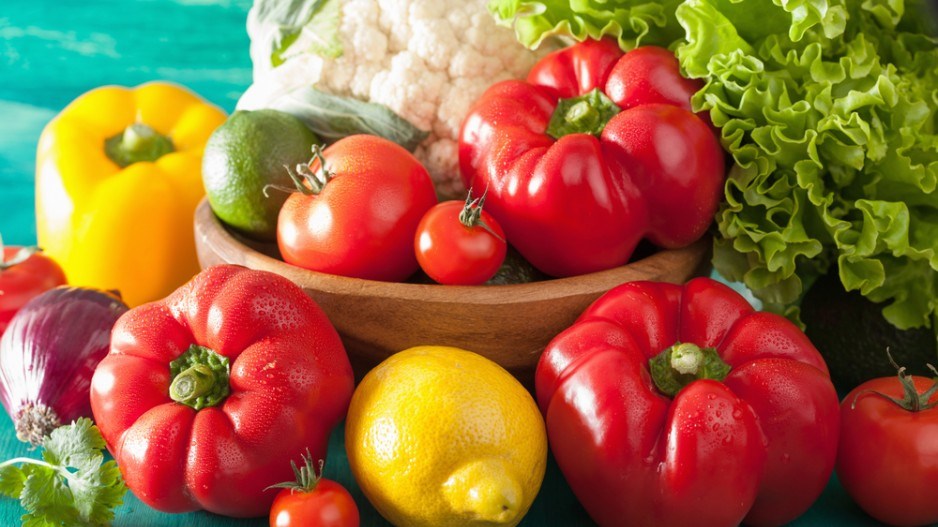Statistics Canada is pointing to the ballooning costs of fresh vegetables as the main culprit behind the largest gain in B.C. consumer prices in more than four years.
The rate of inflation grew 2% across Canada in January compared with 1.6% the month before, according to data released Friday (February 19).
But the year kicked off in B.C. with inflation rising 2.3% — the biggest increase made in the province’s consumer price index since November 2011.
Statistics Canada said the cost of fresh vegetable led the gain on the West Coast, as prices jumped 26.2%.
Throughout the rest of Canada, fresh vegetable prices rose 18.2% year-over-year. The price index that includes cauliflower, broccoli, celery and peppers rose 22.7% for the largest annual increase since April 2009.
The price of gas, meanwhile, was up 2.1% in January compared with a 0.6% decrease in December.
“There’s a high import content for food at this time of the year, making related prices particularly sensitive to the depreciation of the Canadian dollar," CIBC economist Nick Exarhos said in a note to investors.
"Some food prices appear to have since eased from weather-related spillovers, and by year-end inflationary pressures from the weaker loonie will have dissipated."
The only index to see a decrease in prices last month was clothing and footwear, which shrank 0.3%.
TD economist Leslie Preston said Canada's inflation numbers are in the midst of a "long-standing tug of war."
On the one side, a weaker loonie is pulling up prices for goods from veggies to new cars, while lower energy prices and a slower economy are tugging price pressures down,” she said in an investor’s note.




